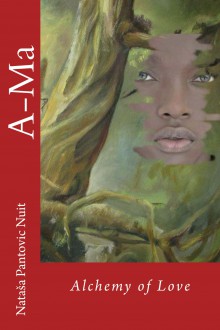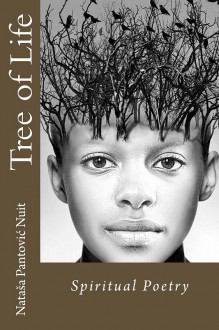Seated on a panel with her fellow writers, Maltese-Serbian novelist Nataša Pantović has been known to use slam poetry to perform her poetic body of work. Like her prose, the improvised words, tribal music, percussionist sounds, lengthy ‘aum’ chanting, are neither too preposterous nor too earnest but endlessly curious. A bridge builder between East and West, following ancient archaeological findings, she often dives into historic settings more than 2,000 years back in time. In her novel, Ama: Playing the Glass Bead Game with Pythagoras, the 52-year-old author makes a bold swerve into less-traveled territory. She chooses for her protagonists Ama, an African priestess, living in China’s Macao in the 17th century; Ruben, a Portuguese Jesuit priest; and Fr Benedict, an Orthodox Christian. The book explores the rapidly-growing Macao, its changing sights, sounds and smells from different perspectives, from that of a bat to a goddess to a spirit. Its miracle and its enigma are within the worlds of inner alchemy of the Age of Enlightenment. Can you tell us about Ama: Playing the Glass Bead Game with Pythagoras? Both Hesse and Tolstoy were my first spiritual gurus...


 Log in with Facebook
Log in with Facebook 








